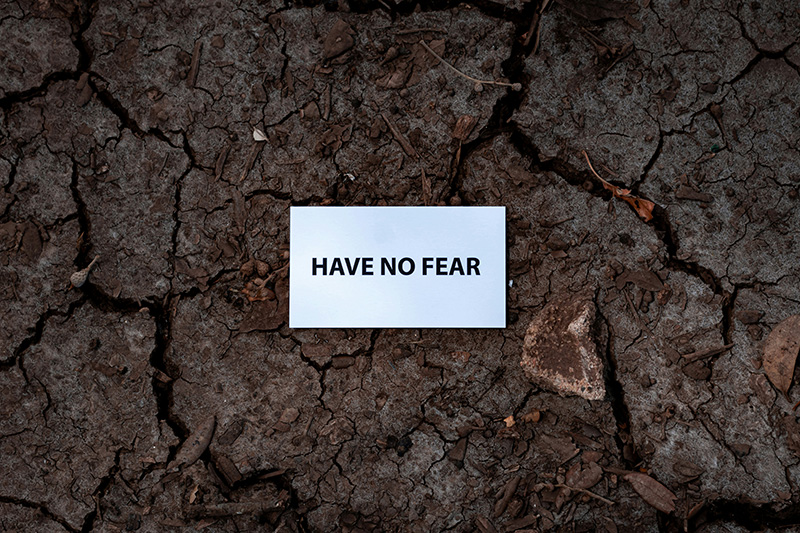
That’s a question I’m sometimes asked as a coach and developmental editor, and it’s a dilemma many writers face. Writers frequently debate with themselves over whether to write about that significant time in their life as a true story or to camouflage the details and craft their story as fiction. That decision is a deeply personal one, the writer’s alone to make.
Still, I encourage writers to spend time exploring the elements prompting their concerns. Are they worried about what people will think, the reaction family or friends might have to reading thornier aspects of their lives? Fraught at the thought of exposing their trauma to the public, uncomfortable sharing their secrets? Fearful of being criticized, or worse, being sued? Usually, one — and sometimes all — of these fears plagues them in the wee hours. And ultimately, after some soul-searching and sleepless nights, each writer chooses the narrative form that resonates with them.
If you find yourself at the same impasse while writing your story, consider how you and your personal story might be best served — crafted as a memoir or as a work of fiction.
Memoir vs. Fiction: What’s Best for You?
The word “memoir” is derived from the early-fifteenth-century Anglo-French memorie (“note, memorandum, something written to be kept in mind”) and from the Latin memoria (“to remember”). When writing memoir, you’re mining those memories, trying to understand significant aspects of your past, hoping to find and make meaning of what happened.
This reflective exploration requires your best but honest-as-possible recollection of your real-life experience. Every memoirist has an obligation to their readers to tell the truth. When readers pick up a memoir, they expect the story to be truthful — as best the memoirist remembers it — but never invented. In memoir, the writer is saying: This is a true story from my life. This happened to me.
Of course, writers of memoir bring to the page their own biases. Memoirist and essayist Mary Karr refers to this as “the speaker’s truth.” Memory, after all, is subjective. You likely remember events from your childhood differently from the way your sibling remembers them. Why? Because you’re looking through your personal lens, while your family member is looking through theirs. That doesn’t make your memory any less true than your sibling’s. You may misremember or misinterpret insignificant details — the weather, the season, what you were wearing, what you ate for breakfast. Still, the tenets of your memoir are true. Memoirists do not intentionally embellish details or fabricate events, as James Frey did in his book his publisher originally published as a memoir, A Million Little Pieces, when he falsely claimed, among other things, that he’d been jailed for eighty-seven days when he had been held in custody for just a few hours.
In contrast, fiction is contrived, invented, crafted from the writer’s imagination. The word “fiction” is derived from the early-fifteenth-century ficcioun, “that which is invented or imagined in the mind.” When you fictionalize your story, you may be basing it on crucial, true aspects of your life, but you’re not bound to those remembered facts — you’re free to exaggerate, change, conjure new scenes and characters and events, altering the truth any way you choose, to create a new story.
So, which form is right for you?
Why Craft Your Personal Story as Fiction?
Here are some reasons why someone might want to fictionalize their true-life story:
- More creative freedom. There’s no obligation to the truth; no fear of compromising it. You want to use your real-life experience as inspiration, but you don’t want to be limited to those key events, preferring instead to embellish details and invent new scenes and characters. Some writers find this cathartic. You can invent the ending you wanted instead of writing about the one you lived. By conceiving a different story, you may even discover something new both about yourself and the characters you create.
- Protect your privacy and those of others. You need not fear hurting anyone or disclosing family secrets. You can protect your privacy and those of others by transforming your characters, places, and events; although family members or friends may claim to recognize themselves in your work, strangers will not. So, if you want to write about your nemesis, you can transform them — their look and name, their gender and age. You are free to fabricate backstories, exaggerate or eliminate a trait, endow them with a better or worse personality. Fiction also inspires writers to create composite characters (using the traits of several people to create one). Ultimately, fiction allows the writer to blur identities to the extent that they often are no longer recognizable even to their real-life models.
- Craft a stronger narrative. You want to invent events, improve the plot, change the setting and period of the story. You want to write in the third person and tell the story from different characters’ points of view. You want to heighten the drama by changing the circumstances of true events to create a more compelling story.
Why Craft Your Personal Story as Memoir?
Here are some of the reasons why you may choose to write your story as memoir:
- You want your story and voice to be heard. You’re tired of being told to stay silent about what happened to you. Writing memoir gives voice and credence to that lived experience. Writing about your circumstances is empowering and enlightening and validating. “The past is radiant,” Patricia Hampl tells us in I Could Tell You Stories. “It sheds the light of a lived life. One who writes memoir wishes to step into that light, not to see one’s own face — that is not possible — but to feel the length of shadow cast by that light.”
- You want to make sense of the past. You want to gain perspective and insight from your experience, using your story to illustrate a universal truth about the human experience. Sometimes, while excavating the past, you uncover new memories and emotions. That process, exploring what happened, can be healing and transformative and give you a deeper understanding of yourself and experience even though you may never arrive at the answer to the “why” of what happened to you.
- You want to connect to readers. Memoirs are a powerful way to do that. “If we use memoir to look for your own humanity,” William Zinsser says in Writing About Your Life, “and the humanity of the people who crossed your life, however much pain they caused you, readers will connect with your journey.” Sharing your story and your insight about your experience will inspire others with similar journeys, and readers will find a measure of comfort, healing, and hope in that.
Whether you choose to fictionalize your past or write about it as memoir, write in the narrative form that feels right for you, the one that offers you the most promise and potential. And always write the kind of story you’re yearning to write, as well as read.
- Should I Fictionalize My Memoir? - June 21, 2024
- Do I Need a Writing Coach? - July 13, 2023
- How to Improve and Inspire Your Writing: 7 Books That Will Pave the Way - April 25, 2022



